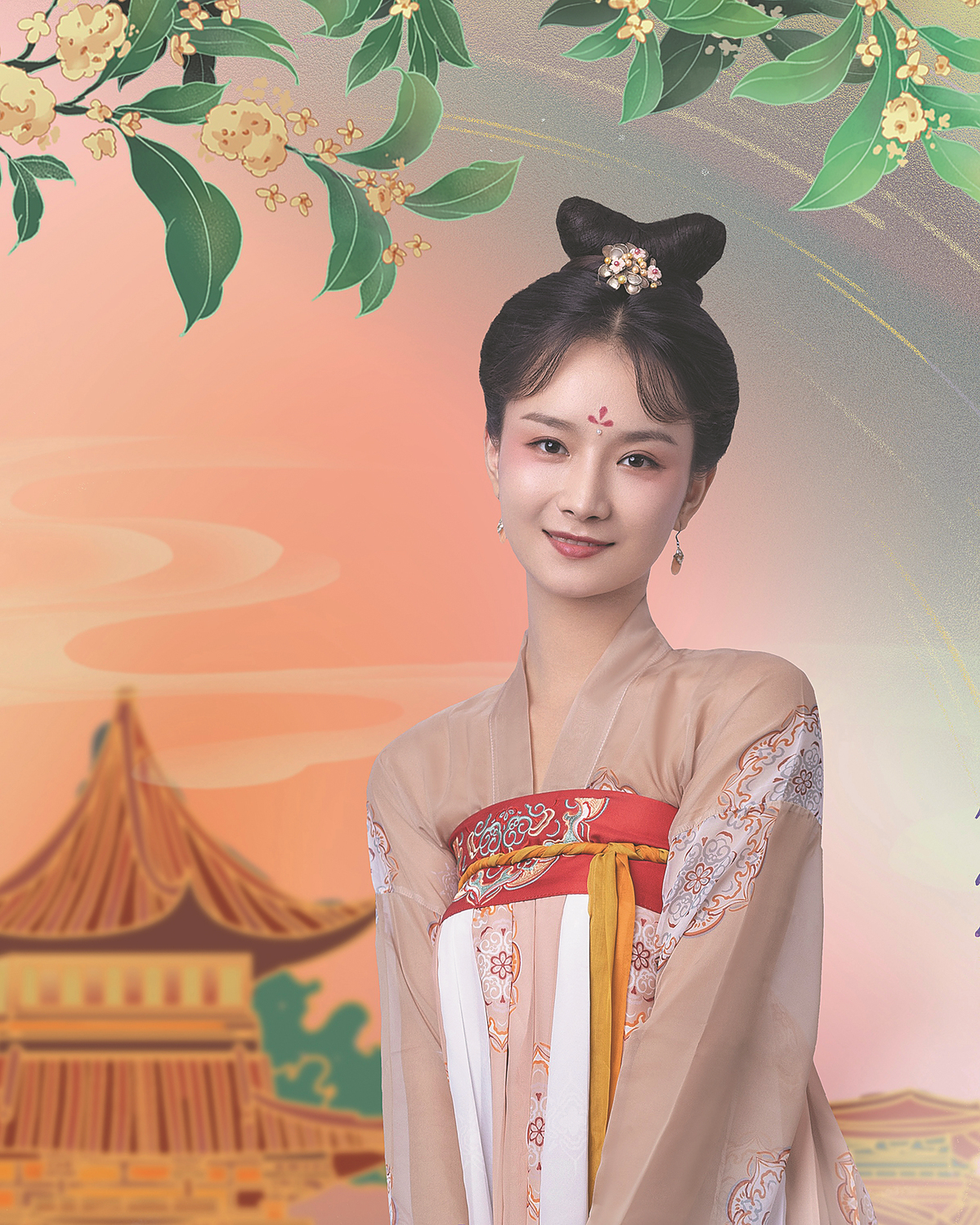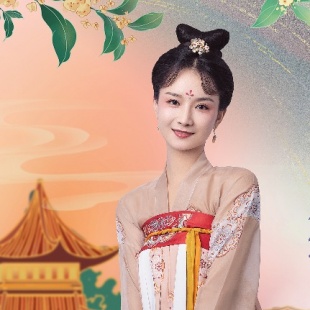Festival gala reaches for the moon in its bid to thrill


Chen says the show's keynote is inspired by a famous poem about Mid-Autumn Festival by Song Dynasty (960-1279) scholar Su Shi. A translation by renowned translator Xu Yuanchong goes, "Men have sorrow and joy; they part or meet again. The moon is bright or dim and she may wax or wane. There has been nothing perfect since the olden days. So let us wish that man will live as long as he can! Though miles apart, we'll share the beauty she displays."
The show features singing, dancing and language programs, presenting traditional rituals and elements for the festival.
"It's a tradition for the Chinese to worship the moon, which also cures our sorrow during its waxing and waning phases. Reunion is also the festival's main theme," Chen says.
"Our focus is to tell different stories about the festival in the show. Most songs and dances are original and we also combine quyi (folk art forms) with pop music."
As the festival is also celebrated in many other Asian countries, Chen tries to present the show from an international perspective and to move viewers with humanity, promoting traditional Chinese culture to a larger audience.
Legend has it that when Chang'e secretly eats a pill of immortality given to her husband-the mythical archer Houyi-her body becomes light and she floats up to the moon. She becomes known as the moon goddess and lives there with her pet, the Jade Rabbit.
The show also tells stories about the duo's adventures on the moon. During Mid-Autumn Festival, because so many people make their wishes to the moon, they are too busy to visit the mortal world, so they stay on the moon to help satisfy the desires of some of those people-recounted in some touching stories that unfold throughout the show.




































